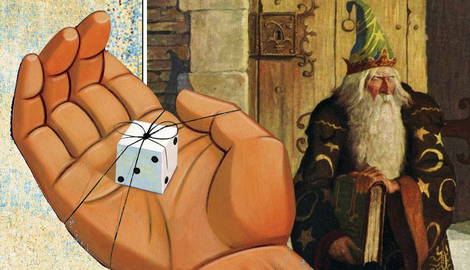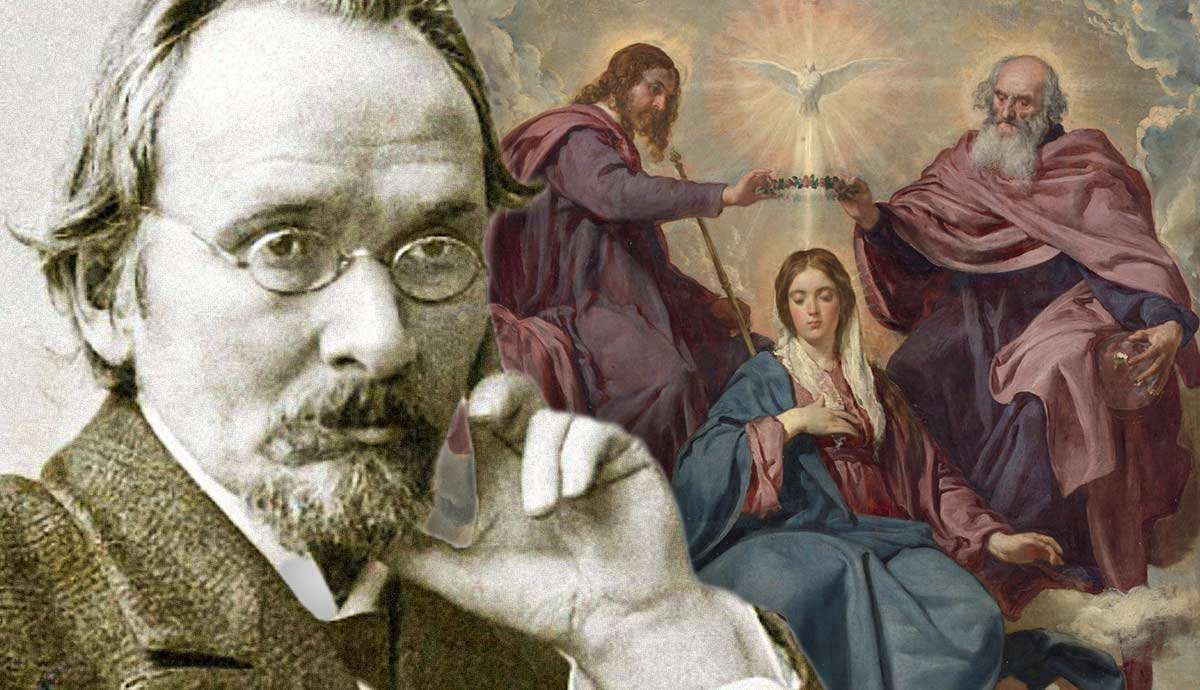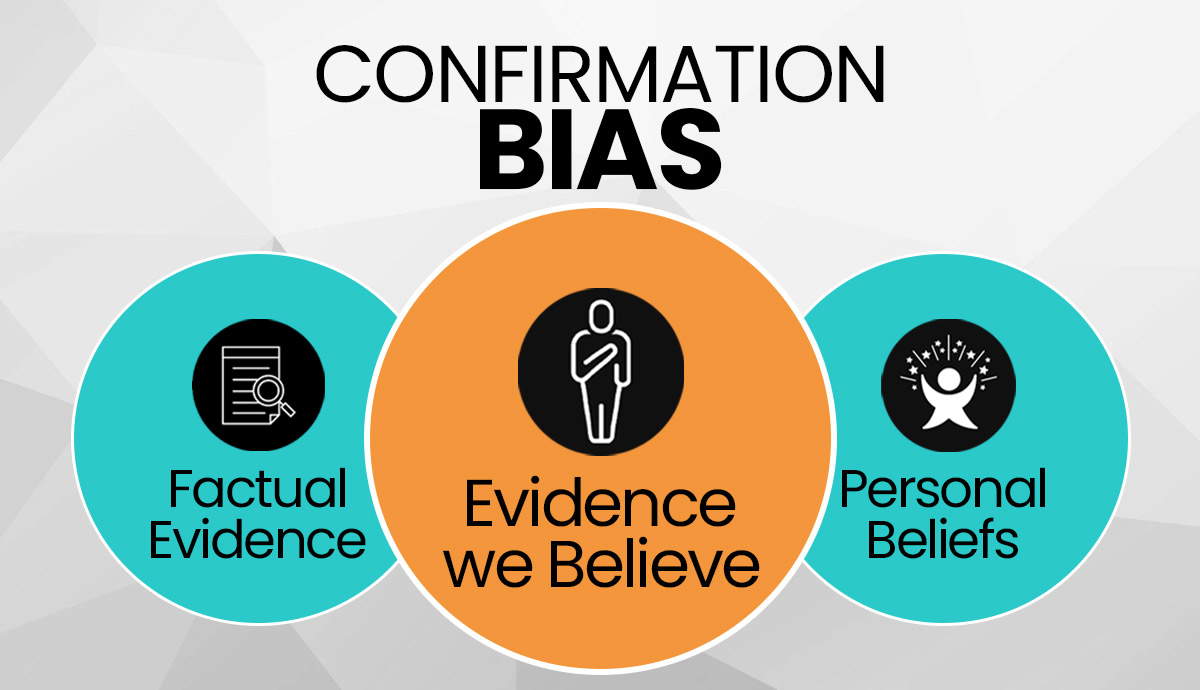
What is the meaning of life? What are good and evil? What is justice? These are some of the questions that philosophers have been asking for centuries. Philosophy is a complex and fascinating field of study that can sometimes seem daunting to beginners. And while there’s no one answer that everyone will agree on, it’s still important to know some of the most fundamental ideas in philosophy. Here are ten common philosophical concepts everyone should be familiar with, regardless of educational background.
1. Plato’s Theory of Ideas

- In a nutshell: Abstract, perfect “Forms” are the true realities; physical things merely imitate them.
Plato was the first to separate the “world of things” from the “world of ideas.” According to Plato, the idea (eidos) is the source of a thing, its prototype, the underlying reality of any particular object. For example, the “idea of a table” can either coincide with a particular table in reality or not match. But the “idea of the table” and the “concrete table” will continue to exist separately.
A vivid illustration of the division of the world into the world of ideas and the world of objects is the famous Platonic myth of the cave, in which people see not objects and other people but only their shadows on the wall of the cave. In this metaphor, the shadows projected on the wall of the cave correspond to the individual objects in the world, while the objects whose shadows are on the wall correspond to the ideas – which are more fundamental and real, in Plato’s view.
The cave for Plato is an allegory of our world, where people live, believing that the shadows on the walls of the caves are the only way to know reality. However, in reality, the shadows are just an illusion. Still, because of this illusion, it is difficult for people to pose critical questions about the existence of reality and overcome their “false consciousness.”
Developing Platonic ideas, philosophers of later times reached the concept of the transcendent and the “thing-in-itself.”
2. The Concept of Introspection

- In a nutshell: Self-observation of one’s thoughts and feelings to understand how the mind forms knowledge.
Introspection is a way of achieving self-knowledge during which a person observes their internal reaction to events in the external world. Introspection is motivated by a fundamental human need to examine the self carefully, to explain to themselves why they believe what they believe and whether there is a possibility that their belief is wrong.
The founder of introspection as a method of inquiry is the British educator and philosopher John Locke, who, relying on the ideas of Rene Descartes, pointed out that there are only two direct sources of all knowledge: the objects of the external world and the human mind. In this regard, all significant psychological facts of consciousness are open to study only by the subject of knowledge itself. It may well be that “blue” for one person is not at all the same as “blue” for another.
The method of introspection helps to keep track of the stages of thinking, breaking down feelings into elements and providing a complete picture of the relationship between thoughts and actions. Introspection teaches us to think more abstractly and broadly, for example, to perceive a “big red apple” as a sensation of red, replaced by an impression of a round one and a trace of a taste sensation. But do not go too deep into introspection – excessive focus on tracking your own impressions can dull the perception of reality.
3. The Concept of Solipsism

- In a nutshell: Only one’s own mind is certain to exist; everything else may be unknowable.
Solipsism is a philosophical concept according to which a person recognizes only their mind as the only reality that always exists and is always available. Mark Twain demonstrates the main message of solipsism in his story The Mysterious Stranger:
“There is no God, no universe, no human race, no earthly life, no heaven, no hell. It is all a Dream, a grotesque and foolish dream. Nothing exists but you. And You are but a Thought – a vagrant Thought, a useless Thought, a homeless Thought, wandering forlorn among the empty eternities.”
The same idea, in general, is illustrated by the films Mr. Nobody, The Beginning, and The Matrix.
According to solipsism, only a person’s perception of reality and their thoughts are available to them, while the entire external world is beyond the bounds of certainty. Therefore, the existence of things for a person will always be only a matter of faith, since if someone requires proof of their existence, a person will not be able to provide them.
In other words, no person can be sure of the existence of anything outside of their consciousness. Solipsism is not so much doubt about the existence of reality as a recognition of the importance of the role of one’s own mind. The concept of solipsism either needs to be assimilated as it is or to accept “solipsism in reverse,” that is, to give yourself a rational explanation of the relative external world and justify why this external world still exists.
4. The Theodicy: The Attempt to Vindicate God

- In a nutshell: A defense of God’s goodness that explains evil as compatible with a perfect deity.
If the world was created according to some higher plan, why is there so much absurdity and suffering in it? Most believers sooner or later begin to ask this question. Theodicy comes to the aid of the desperate. It is a religious and philosophical concept according to which God is unconditionally recognized as an absolute good, from which any responsibility for the presence of evil in the world is removed.
Leibniz created this doctrine to conditionally “justify” God. The main question of this concept is: why does God not want to rid the world of misfortunes? The possible answers can be reduced to four: either God wants to rid the world of evil but cannot, or he can but does not want to, or he cannot and does not want to, or he can and wants to. The first three options do not correlate with the idea of God as the Absolute, and the last option does not explain the presence of evil in the world.
The problem of theodicy arises in any monotheistic religion where the responsibility for evil in the world should theoretically be assigned to God. In practice, laying responsibility on God is not possible since religions recognize God as a kind of ideal being who has the right to the presumption of innocence.
One of the main ideas of theodicy is that God created the best of all possible worlds, and, therefore, only the best is collected in it, and the presence of evil in this world is considered only as a consequence of the need for ethical diversity. Recognizing theodicy or not is a personal matter related to one’s faith, but it is certainly worth exploring the concept.
5. Moral Relativism

- In a nutshell: Moral judgments depend on context or culture rather than universal standards.
Life would be much easier if good and evil were fixed, absolute concepts. But often, we are faced with the fact that what is good in one situation may be evil in another. We are approaching moral relativism, becoming less definite about what is good and what is bad. This ethical principle denies the dichotomous division of the concepts of “good” and “evil” and does not recognize the existence of mandatory, absolute moral norms and categories.
Moral relativism, unlike moral absolutism, does not hold that there are absolute universal moral standards and principles. It is not morality that dominates the situation, but the situation over morality. That is, not just the fact of some action is important, but its context.
The philosophical doctrine of “permissiveness” recognizes each individual’s right to form their own system of values and their own ideas about the categories of good and evil and allows us to assert that morality is, in essence, a relative concept.
6. Categorical Imperative or the Golden Rule of Morality

- In a nutshell: Act only on maxims fit for universal law and treat people as ends, not means.
“Treat others how you want to be treated” – surely many of us have heard this phrase or its semblance at least once. We usually agree that it is perceived as something familiar and self-evident. However, this is not just a common expression or proverb; this phrase is similar to an important philosophical concept in ethics, which is called the “categorical imperative” or the “golden rule” of morality.
The term “categorical imperative” was introduced by German philosopher Immanuel Kant, who developed the concept of an ethics based in autonomy. According to this concept, moral principles always exist, do not depend on the environment, and must constantly connect with each other. The categorical imperative says that a person must use specific principles that guide their behavior.
According to this ethical concept, a person must act according to the maxim, which, in his opinion, could become a universal law. Also, within the framework of this concept, Kant proposes not to consider the other person as a means to an end, but to treat them as the ultimate goal. Of course, such an approach will not save us from mistakes, but decisions become much more conscious if you think that every time you choose, you do so not only for yourself but for all of humanity.
7. Determinism/Indeterminism: Are Our Fates Sealed?

- In a nutshell: Determinism claims every event has a fixed cause (threatening free will); indeterminism allows genuine openness.
If we want to investigate free will, fate and predestination, we have to consider the concept of determinism – the philosophical doctrine of predestination, the interconnectedness of everything that is happening, and the presence of a unique cause for everything that exists. Everything is predetermined. Everything will happen according to a given pattern – this is the main postulate of determinism.
Free will, according to this doctrine, does not exist, and in different interpretations of determinism, the fate of a person depends on various factors: either it is predetermined by God or by an extensive philosophically comprehended category of “nature.”
Within the framework of the doctrine of determinism, no events are considered random but are the consequence of a predetermined, but unknown to man, a chain of events. Determinism excludes belief in free will, in which all responsibility for actions lies with the person themselves, and forces the individual to entrust their fate entirely to the external world’s causality, regularity, and omnipotence. Because of this, determinism is a convenient idea for those who don’t want to take responsibility for themselves.
8. Cogito Ergo Sum: I Think, Therefore I Am

- In a nutshell: Descartes’ claim that doubting proves the doubter’s existence—“I think, therefore I am.”
“I think, therefore I am” is a philosophical concept originating from the rationalist philosopher Rene Descartes, and a good starting point for those who doubt everything. This formula arose when Descartes was trying to find the primary, indisputable and absolute truth, based on which one can build a philosophical concept of absolute knowledge.
Descartes questioned everything: the outside world, his feelings, God, and public opinion. The only thing that could not be questioned was one’s own existence since the very process of doubting one’s own existence was proof of this existence. Hence the formula appeared: “I doubt, therefore, I think; I think, therefore I am,” which was transformed into “I think, therefore I am” – this phrase became the metaphysical basis of modern philosophy. It proclaimed the dominant position of the Subject, around which it became possible to build reliable knowledge.
9. “God Is Dead”

- In a nutshell: Nietzsche’s diagnosis that modernity has eroded the old religious value-foundation, creating a crisis of meaning.
In saying “God is dead,” Nietzsche was not implying the death of God in a literal sense. He meant that in traditional society, the existence of God was a fact; he was in a single reality with people. But in the era of modernity, he ceased to be part of external reality, becoming an internal idea. It caused a crisis in the value system, which was previously based on the Christian worldview. It means that the time has come to revise this system – in fact, this is what the philosophy and culture of postmodernity are doing.
“God is dead. God remains dead. And we have killed him. How shall we comfort ourselves, the murderers of all murderers? What was holiest and mightiest of all that the world has yet owned has bled to death under our knives: who will wipe this blood off us?”
10. Existential Crisis: A Contemporary Philosophical Concept

- In a nutshell: Anxiety from a loss of life’s meaning, resolved (in existentialism) through authentic choices and actions.
Existentialism, one of the main philosophical currents of the 20th century, focuses on the uniqueness of human beings. It is also called the “philosophy of existence.” The forerunner of existentialism was the Danish philosopher Søren Kierkegaard. Back in the 19th century, he first formulated the concept of “existence,” opposing it to the “system” of the German idealist Hegel.
An existential crisis is a feeling of anxiety and anxiety associated with the loss of the meaning of life. Existential psychologists such as Irvin Yalom and Rollo May have widely studied this concept. Essentially, an existential crisis is the loss of the meaning of life.
An existential crisis can be provoked by a difficult situation in the world, uncertainty in the economic sphere, the illness of a loved one, a direct encounter with death, and great life upheavals. An existential crisis is always connected with how a person lives their life, how fully and deeply, and occurs either when this life is threatened – directly or indirectly, or in a situation where a life does not “suit” the person living it.
The notion of existential crisis resulted from the collapse of the traditional value system described above. It is generated by the idea that human existence has neither a predetermined purpose nor an objective meaning. It goes against our deepest need to believe that human life has value. But the absence of the original meaning does not mean the loss of meaning in general. According to the concept of existentialism, the value of life is manifested precisely in the way a person fulfills themselves, in the choices made by them, and in their actions.










